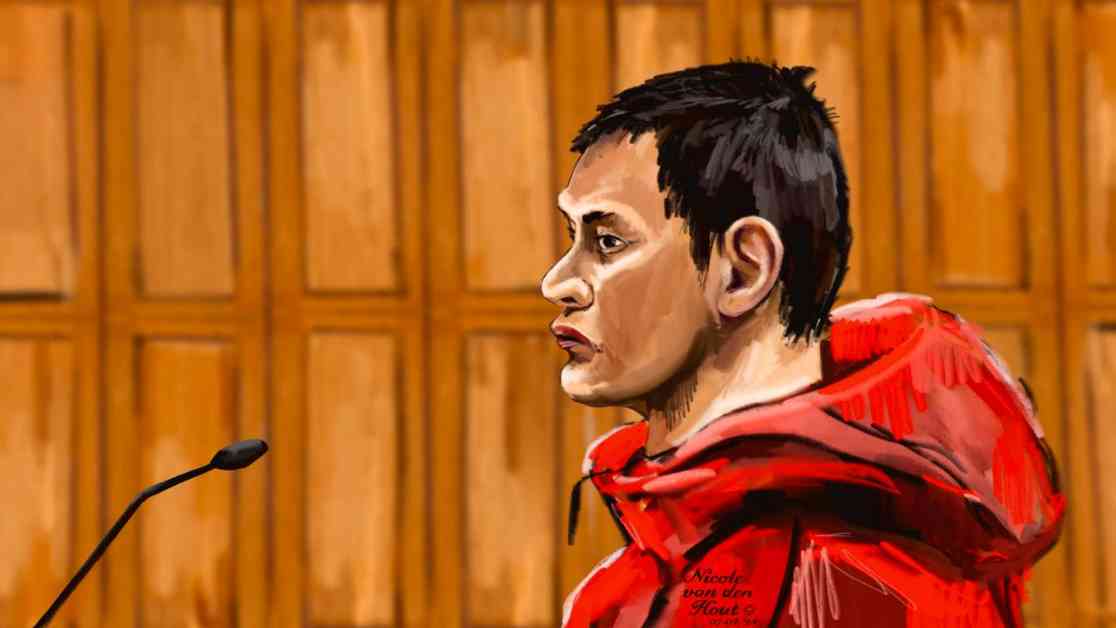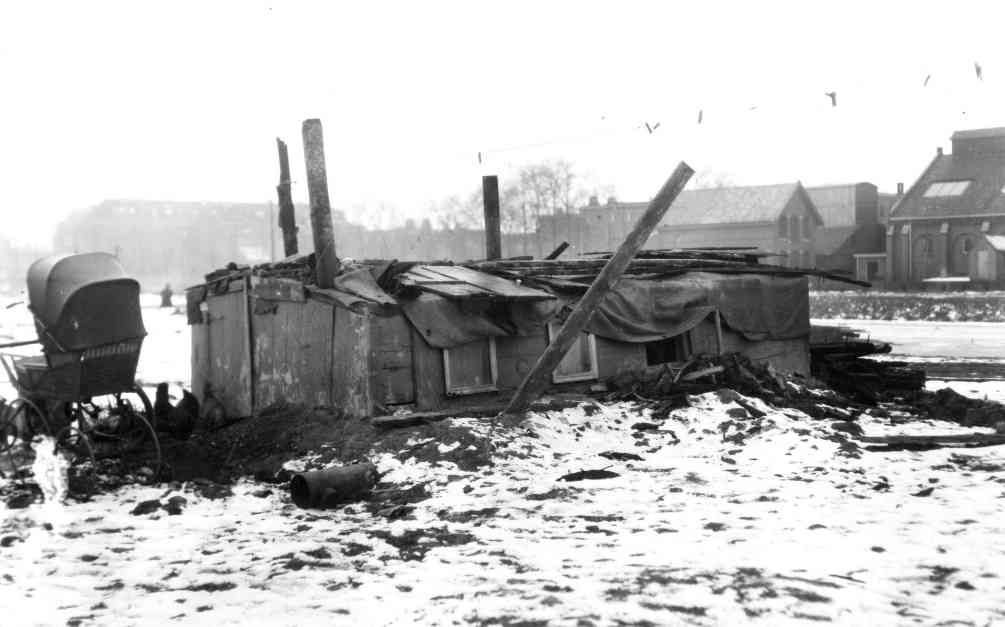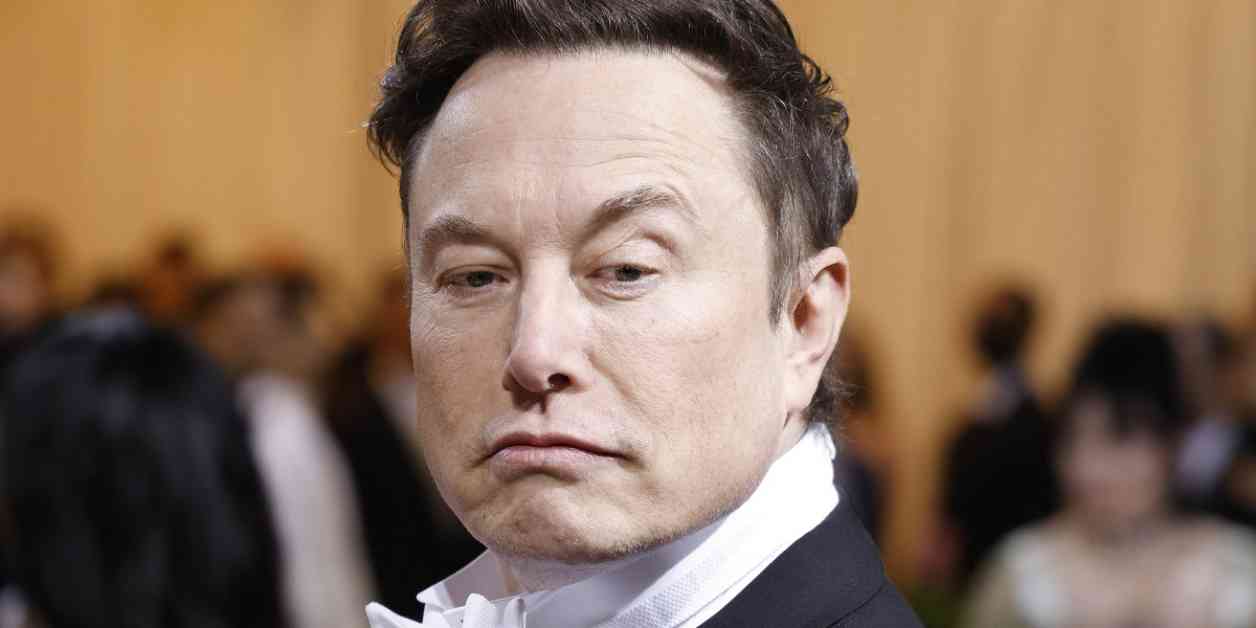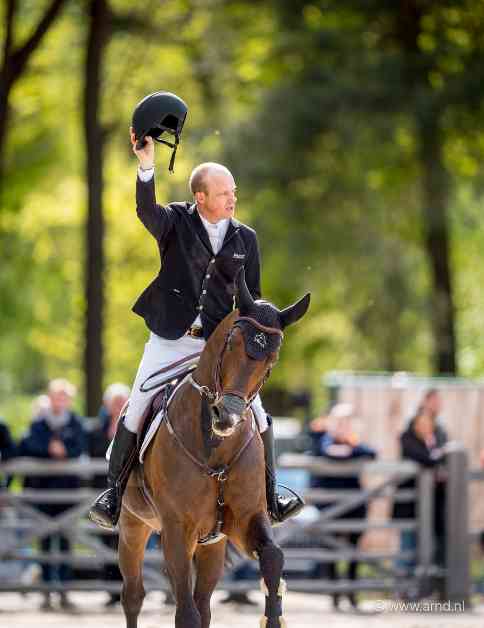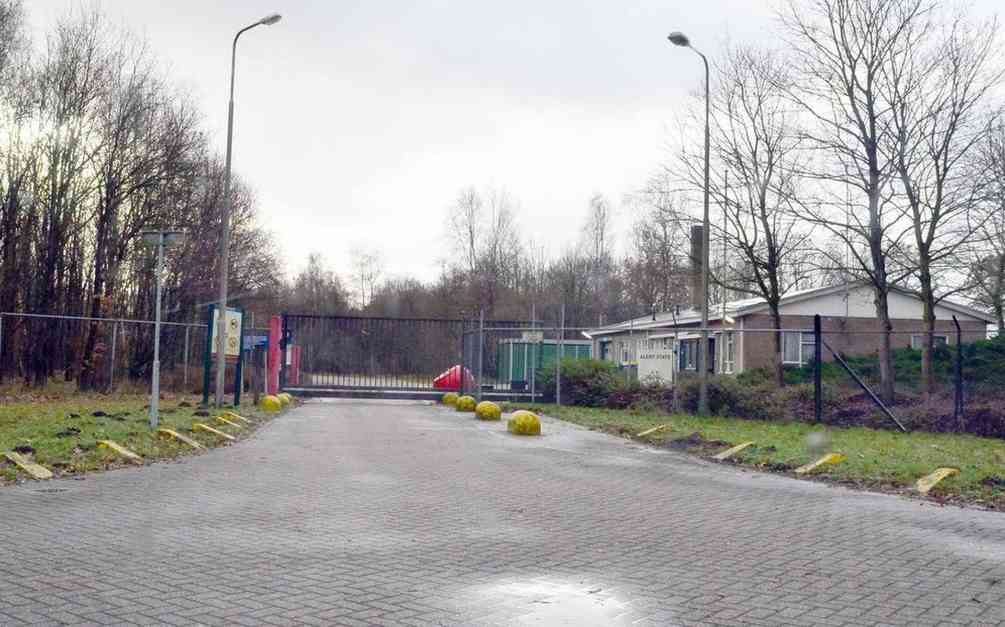It was in the mid-1970s, we looked at the climate history and saw that there was a margin of about two degrees to the earth’s warmest periods. So we put it as a tentative limit for warming.
the Image of the Yaleprofessorn William Nordhaus, one of the year’s laureates in economic sciences, is double.
First we have the pioneer Nordhaus. Far earlier than most had heard about climate change, he threw himself over the problem, analyzed it, and pointed at the risks.
He went against the current in their own fields. But he also broke new ground in a wider audience by speaking on a specific climate policy goals. It was, in fact, in Nordhaus early studies that the two-degree target, a benchmark that has been in force for decades, first highlighted.
Then we have bakåtsträvaren Nordhaus. Critics see in his forskningsgärning skönmålande cost estimates and naive models which have come to conclude that it is ”optimal” that the global average temperature rises by 3.5 degrees. He gets the price have excited many.
today, when he is in Stockholm to receive the prize in economic sciences in memory of Alfred Nobel, he is not willing to write in at any precise temperature objective.
– Two degrees is good. But my view on it is that we must ask ourselves what a particular target costs, if it is possible to reach, and realistically in the long term. It depends in turn on the political will.
in Particular, on the latter point is William Nordhaus pessimistic. Today’s measures to halt the warming he calls ”almost nothing”.
” our Whole idea of how an international agreement on climate change looks like needs to change. We need to take a step back and realize that the current model leads the world on a very dangerous path, ” he says.
the Problem with the paris agreement and the process within the UN, argues kralbet William Nordhaus, is the idea of voluntariness. In such a system, countries will always have to run away from the action and leave it to others to reduce their emissions.
him be more of an association with bylaws, binding obligations and real consequences for those members who do not pay their annual fee.
” I have called the proposal for klimatklubbar. Countries simply need to join together and impose sanctions against those who fail to reduce their emissions.
“the international community must think about,” says William Nordhaus.
Read more: So put ekonomipristagaren a price tag on the greenland ice








